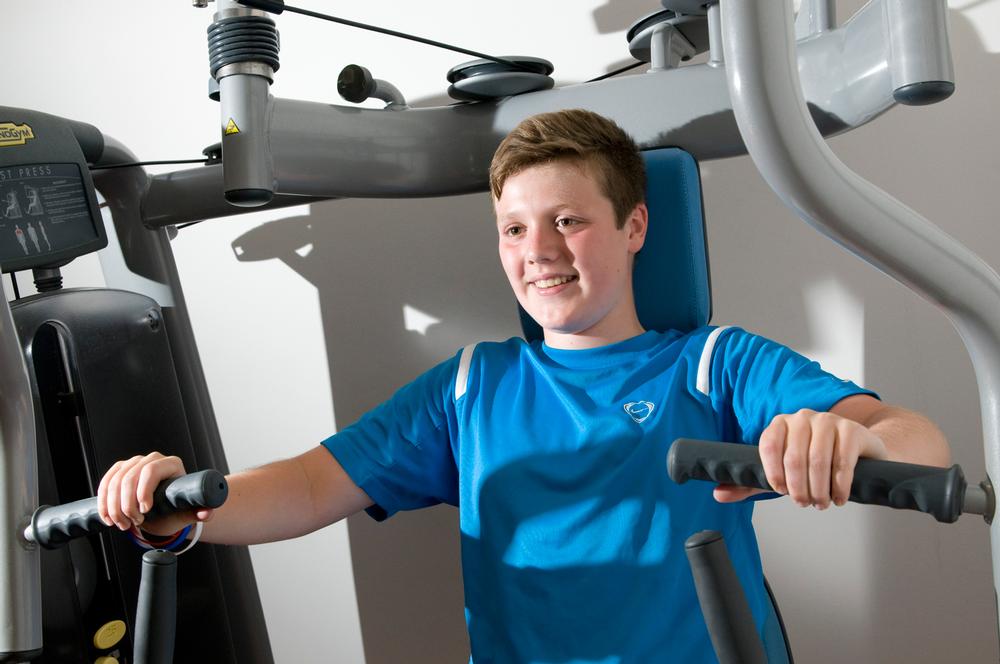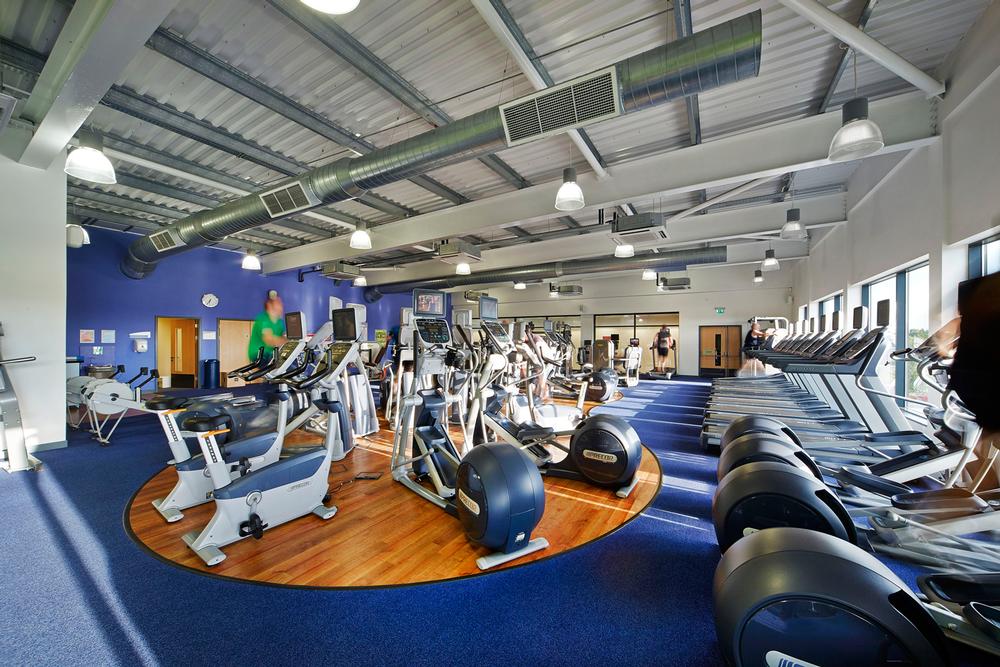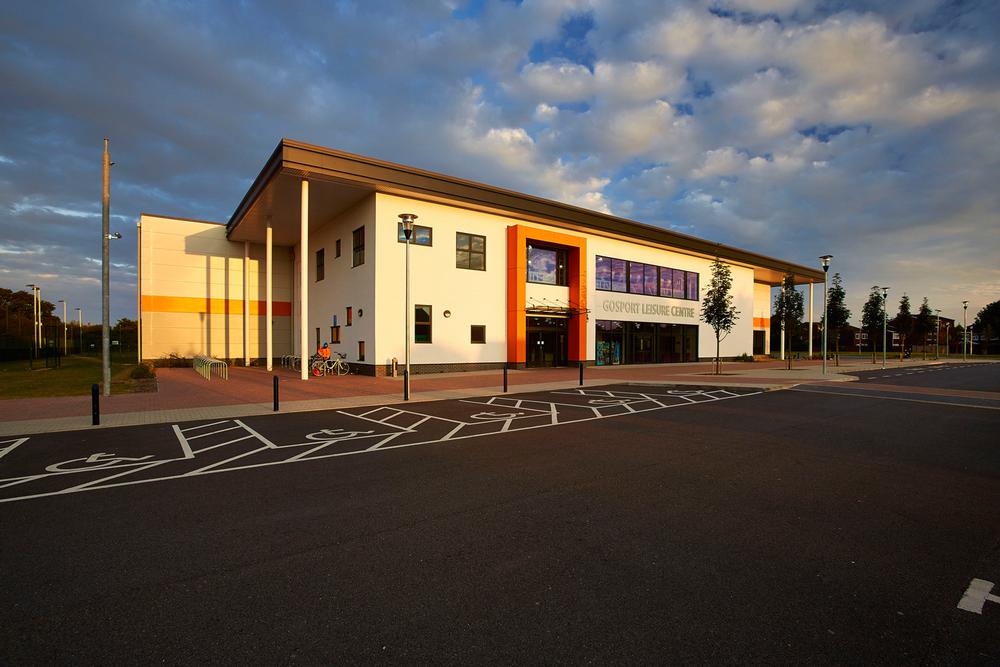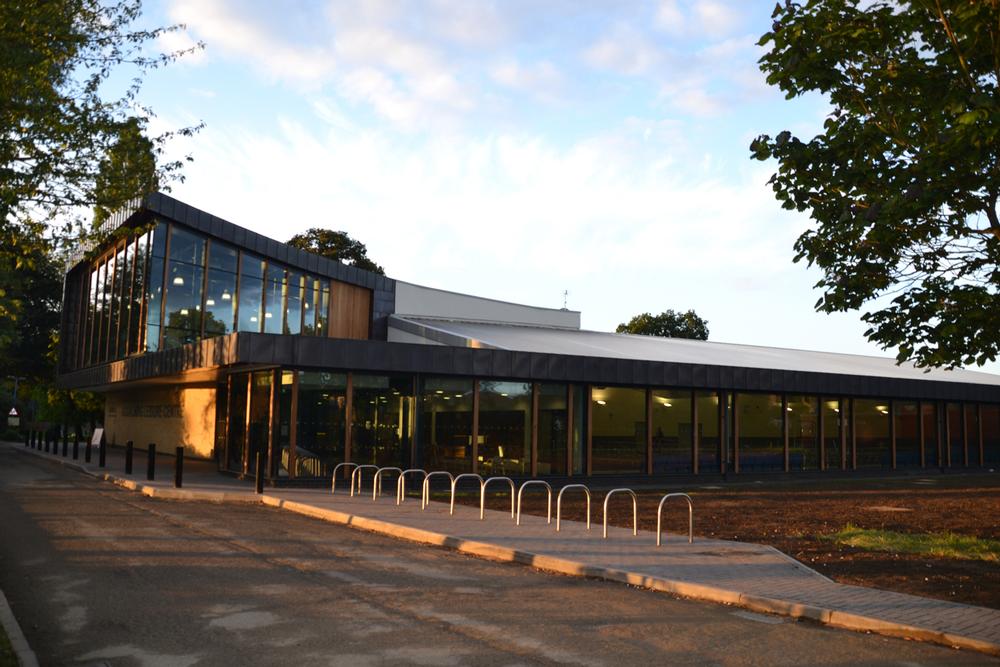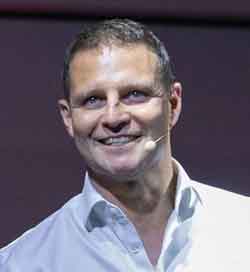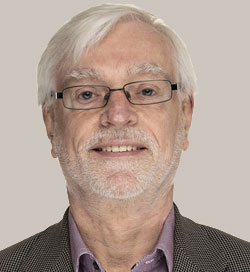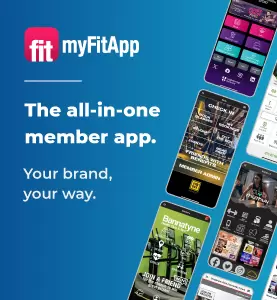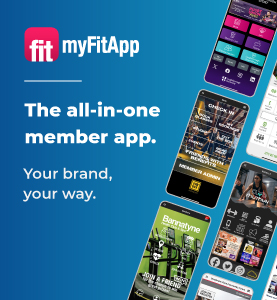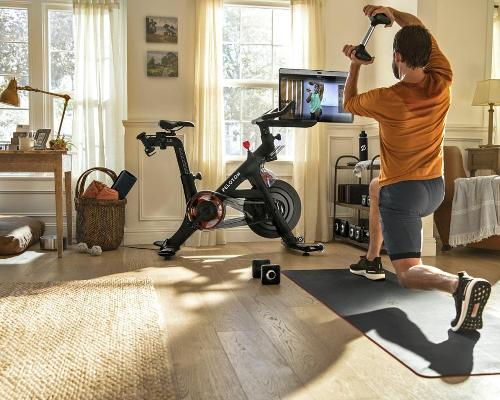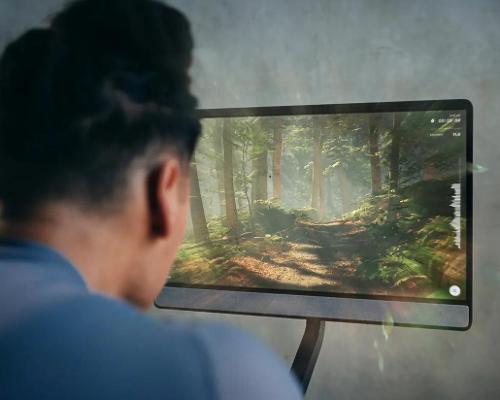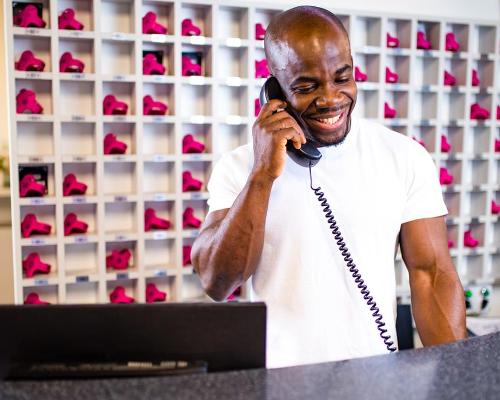I don’t think anybody can compete in this sector now if they’re not a trust or a social enterprise,” says Sandra Dodd, the new chief executive of Places for People Leisure.
“You can bid selectively, as DC Leisure was doing before we were acquired by Places for People. We were mostly winning PPP contracts – design, build and operate – because the trusts historically haven’t had the expertise to do that. But our hands were tied behind our back because most of our competitors had the VAT advantage. Our win rate had dropped quite dramatically and the trusts had really started to become a force in the market.
“It seems very unfair that we were at such a huge disadvantage to the trusts, and I sympathise with private sector complaints about the lack of level playing field. We tried every route we could to convince the government that the VAT benefit should be removed from the bid to give a more accurate picture of value for money; we were being beaten on price, but that was being funded by central government. We spoke to barristers and HMRC, but there was really no interest in changing the rules.
“So we ended up in a ‘if you can’t beat them, join them’ situation, and when we came to sell the business, we specifically looked for a buyer that could give us not-for-profit status.”
Stronger together
Hence the acquisition of DC Leisure by Places for People in 2012, with a subsequent rebrand as Places for People Leisure and a new status as a social enterprise. So how much of a difference has this made?
“We’ve won 12 new local authority leisure management contracts over the last 18 months, because we’re now competing on a level playing field.
“The financial standing of Places for People has also helped: it has £3bn of assets on its balance sheets, and that’s enabled us to tender for contracts where there’s a higher capital investment requirement. That’s important, because local authorities don’t have the money nowadays. We might need to put a couple of million pounds into a contract, and as a result we’re given longer contracts – often 15, 20, even 25 years – because we need more time to achieve the necessary financial returns.
“Coupled with this capital investment, we also invest more in staff. All of this helps us drive more revenue through the facility, and that’s how we make the saving for the local authority. And of course our procurement is more efficient as well, thanks to our economies of scale.”
But beyond the obvious financial advantages, have there been any additional benefits of becoming part of the Places for People Group?
“It’s still early days, but we’re already looking at opportunities to work with Places for People where they think there could be significant benefit in having a leisure project within their own development. There are some other projects already on the go as well – we have leisure centre staff going into a care home operated by Places for People Group and delivering services to the residents, for example. We try to exchange ideas and make sure all parts of the Group know where we’re already working and where the opportunities lie.
“In addition, although less quantifiable, I think there’s something about us being a social enterprise now, rather than being owned by a VC, that makes us more politically and philosophically acceptable for some authorities. The perception of what we stand for has somehow changed, even though the way we conduct our business is really the same as it always has been.”
Organic growth
With this acquisition now bedding down, will Places for People and its leisure arm consider following the lead of trusts like GLL – which has joined forces with a number of other trusts across the UK to grow its presence nationally – and expand through further acquisitions?
“At the moment, our strategy is to develop the business through organic growth – i.e. by winning contracts. That’s our number one priority and focus. That doesn’t mean to say we wouldn’t look at an opportunity in the future, but for the time being we have a clear direction from the Places for People Group that we should grow the business organically.
“We’ve had great success in that over the last year, and I want to continue to drive the business and win new contracts. We’re already up to a turnover of £120m and I’d like to take us to £200m within the next five years.
“Our mission statement is to create active places and healthy people, and the more local authority contracts we can pick up, the better we can deliver on that aspiration.
“We’re winning a lot of design, build and manage projects: we opened West Bromwich Leisure Centre in May 2014, and in January we signed a contract with Wyre Forest District Council to build and run a facility for them. We’ve also been awarded a new-build PPP contract at Sparkhill in Birmingham. We can design leisure centres at high quality and at much lower cost than if the local authority were to undertake the design itself – plus the council is transferring the risk to us as well.”
She continues: “But there are other projects I’m excited about too. I’m very keen to roll out our private community gym offering, for example, which operates under the Places Gym brand. We currently have one in Sheffield and we’re opening our second in Corby next month. These clubs are owned by us rather than on behalf of the local authority, but they’re still operated within the not-for-profit model.
“It’s not an exact like-for-like for the budget clubs because our gyms aren’t open 24/7, but you can only sign up online, there’s a slimmer staffing structure with no receptionist, it’s gym only and it’s much lower cost – membership is less than £20 a month.
“We’re calling them community gyms though – we’re not competing with the budget clubs or the rest of the private sector. Our VAT advantage means we can go into areas that might not be commercially attractive to other operators. We’re trying to improve people’s health by putting affordable fitness facilities into communities that might not otherwise have a gym at all.
“We’re really just dipping our toe in the water though – we’d like to get three sites up and running within this calendar year and then take stock. That said, at some point in the future it may be that we can place our community gyms into Places for People housing developments, to improve the general health of those communities.
“We have a few possible locations for our third site, but of course we don’t want to compete with ourselves. We won’t open a Places Gym in an area where we already operate a leisure facility on behalf of the local authority unless we have their permission – should their gym already be up to capacity, for example.”
Demonstrating value
Dodd continues: “We also want to continue to develop our health and wellbeing agenda. We’ve recently won a contract in Rotherham for weight management services – not just for children, as we previously had, but also for adults. There’s a question mark over whether we’d tender outside of an area where we operate the leisure facilities, but certainly where we operate facilities we’d be interested in doing more.”
So is this move towards health and wellbeing a result of public health climbing higher on the agenda, as local authorities get to grips with their new responsibilities? And if so, is this meaning a need for better data to evidence the effectiveness of programming?
Dodd says: “It’s taken a few years to really begin to take effect but yes, we’re seeing more demand for these sorts of service. And more and more, we’re being required to demonstrate results and provide evidence – particularly for public health spending.
“We’re one of the first companies in the country to engage in a Knowledge Transfer Partnership with the Department for Business, Innovation & Skills. It’s funding a placement in our contract in Wandsworth, with research being done by the University of Kingston to make sure our evidence and one of our projects – the Swim for Health project – are robust.
“As a sector, we’ve been guilty of not demonstrating the benefits of health and physical activity, and I think that will change going forward.
“In fact, I think the biggest challenge for us a sector is to continue to demonstrate the value of our products in every way, both healthwise and politically. What we provide is not a statutory service and because of that, we have to keep banging on the doors of our local authorities, demonstrating how important what we provide is to their particular communities.”








